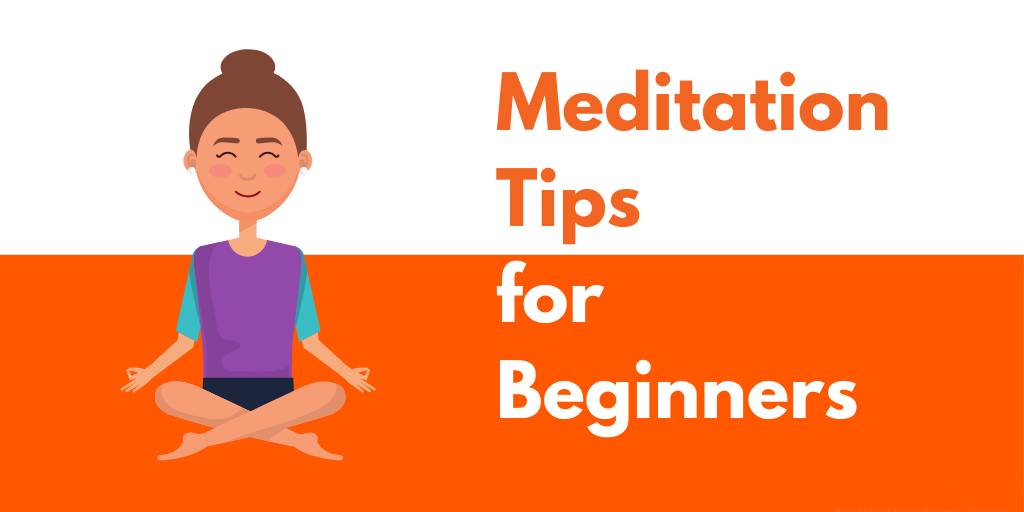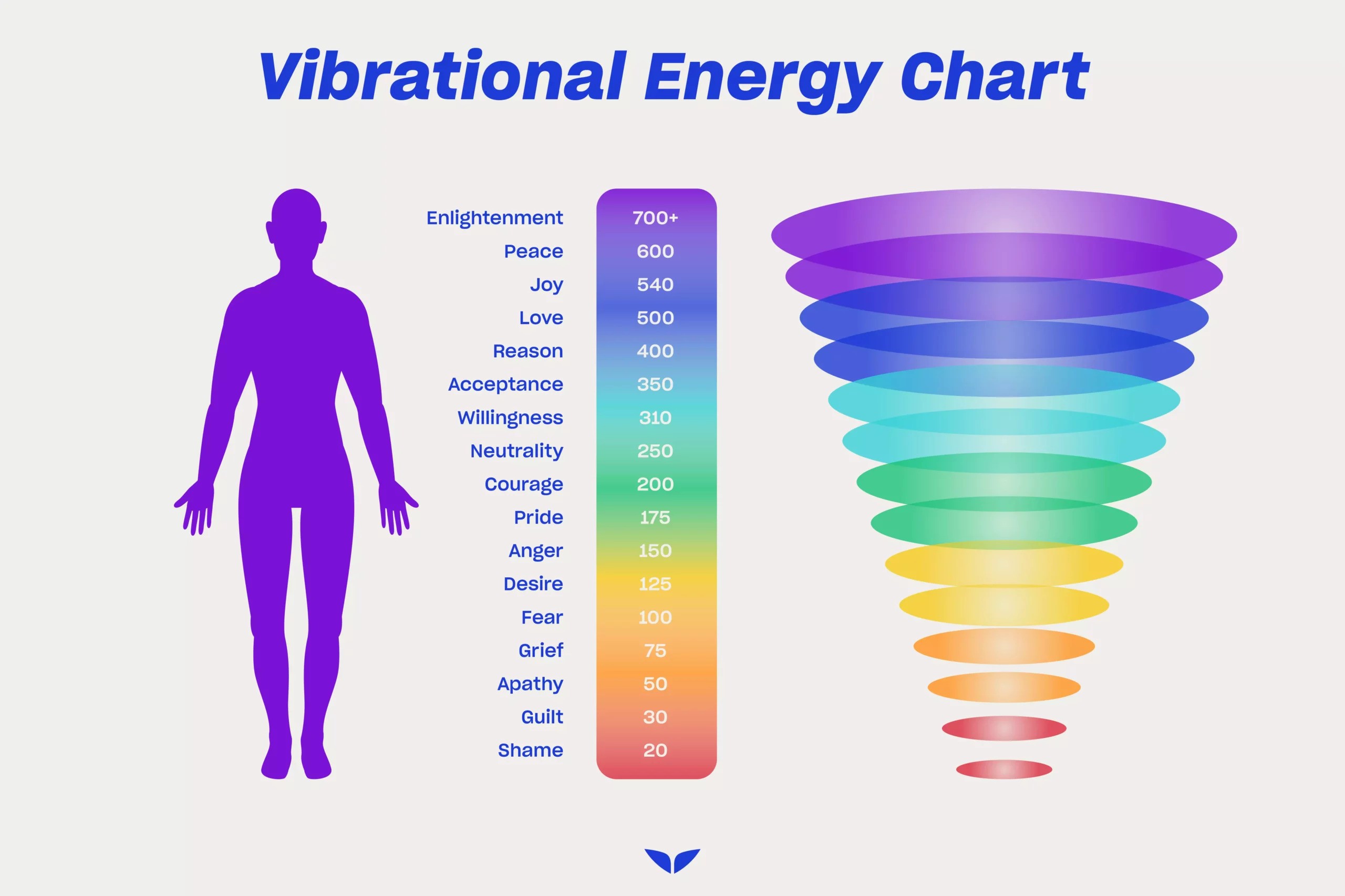5 Meditation Tips For Beginners – Get Started With Meditation
Meditation is an ancient practice that employs a variety of tools and techniques to assist practitioners in focusing on the present moment and increasing self-awareness without judgment. Standard meditation techniques such as mindfulness, guided meditation, and body scan meditation can help with focus, concentration, mental health, and sleep quality. You can better grasp how to refine your awareness, connect to the present moment, and attain inner peace or tranquility by practicing meditation.
The mind is a busy colony of thoughts, and we spend the majority of our waking hours bouncing from ideas to emotions to memories.
During meditation, you'll notice how much mental movement occurs and how little time you spend in the present moment. You can learn to examine your thoughts and, if necessary, start changing them. Meditation requires taking a step back and watching your thoughts rather than identifying with them.
If you're new to meditation and finding it difficult to keep up with daily practice, you should know that it's perfectly typical for beginners to feel uncomfortable or frustrated when they first begin, after all, you're learning a new skill. The mind will often fight being tamed by inventing a variety of excuses, including uneasiness, boredom, and skepticism. If you want to reap the benefits of meditation, you'll need to be committed, disciplined, and persistent – there's no quick fix!
5 Meditation Tips For Beginners
1. Start small, with three to five minutes (or less)
Most newbie meditators started with three to five minutes, according to new data collected from users of the Lift app. When you first begin meditating, even three minutes can seem like a very long period, so start small. Paying attention to the feelings of taking three breaths, for example.
2. Go into your meditation practice without expectations
Meditation isn't a magic bullet for all of life's issues. Meditation, like any other kind of exercise, requires effort and patience to get the benefits.
Try not to have preconceived notions about how you will feel after each meditation or how much better of a person you will become. Instead, look at each time you sit down to meditate as an opportunity to learn more about yourself.
3. Understand the principles of meditation
Beginning meditators frequently believe that the purpose of meditation is to be able to focus without becoming distracted. A more effective goal, on the other hand, is to become more aware of when your attention has wandered.
The foundation of good cognitive therapy is becoming aware of what you're thinking. You can't restructure your thoughts unless you first have the ability to recognize them.
Another essential goal for beginners in meditation is the ability to return your attention to your area of focus without criticizing yourself.
4. Take a couple moments to wind down and clear your mind
It's not a good idea to start meditating straight after a long business meeting. After these stressful events, it may be more difficult to sit quietly and relax your mind.
So, take a few minutes to relax before beginning your meditation practice. This can help you focus more effectively by preventing your thoughts from drifting back to something mentioned during the discussion.
5. Get creative about location
For consistency, it's best if you do your daily meditation practice in the same area every day. However, this isn't always achievable. The beauty of meditation is that it can be done anywhere - at home, at work, in a park, or even while strolling through a crowded airport. It doesn't matter where it takes place as long as you can find peace and quiet.
5 Tips For During Meditation

1. Be Comfortable
Sit comfortably, with your spine straight and your chin gently tucked down. Make sure you're warm and, if necessary, supported by a wall or blanket.
2. Don’t Be Attached
Your mind will wander, and thoughts will pop into your head. Allow them to go by unnoticed. Do not become engrossed in your thoughts. Allow them to pass by after acknowledging them.
If you're worried that you're thinking too much, you'll grow agitated and find it difficult to relax.
3. Breathe naturally
Meditation does entail focusing on the breath and using it as a mental anchor, but avoid thinking about or altering it in any way. Allow things to flow organically, paying attention to the rising and falling sensations in your body.
4. Take mindfulness with you
Form a clear notion of what you'll do next before you finish meditating and go about your day - maybe you'll shower, cook breakfast, or transport the kids to school. Whatever you're doing, try to bring the mindfulness you developed during your meditation into the next task and the remainder of your day.
5. Be kind to yourself — some days will be easier than others
Meditation is, at its core, about learning to treat yourself with care, regardless of what you are going through at the time.
Some days will be easier than others, just like exercising. This could be related to how much sleep you had the night before or how much stress you were under that week. It's important to remember that this is a meditation practice, therefore it won't always be flawless.
Start with this small practice:
To get you started here's a basic exercise: Find a quiet place to sit for five minutes, comfortably and without interruption. Close your eyes and set your timer. Concentrate on being comfortable and relaxed rather than worrying about your posture. Now, using your breath, scan your body from head to toe, taking stock of how you're feeling without passing judgment. Remember to bring your thoughts back to the breath whenever your mind wanders. Repeat a few times per week to see if you can get to ten minutes. We hope these 5 meditation tips for beginners will help you to get started with meditation practice and also to create a new habit.



